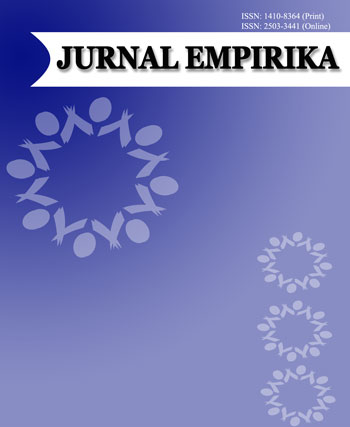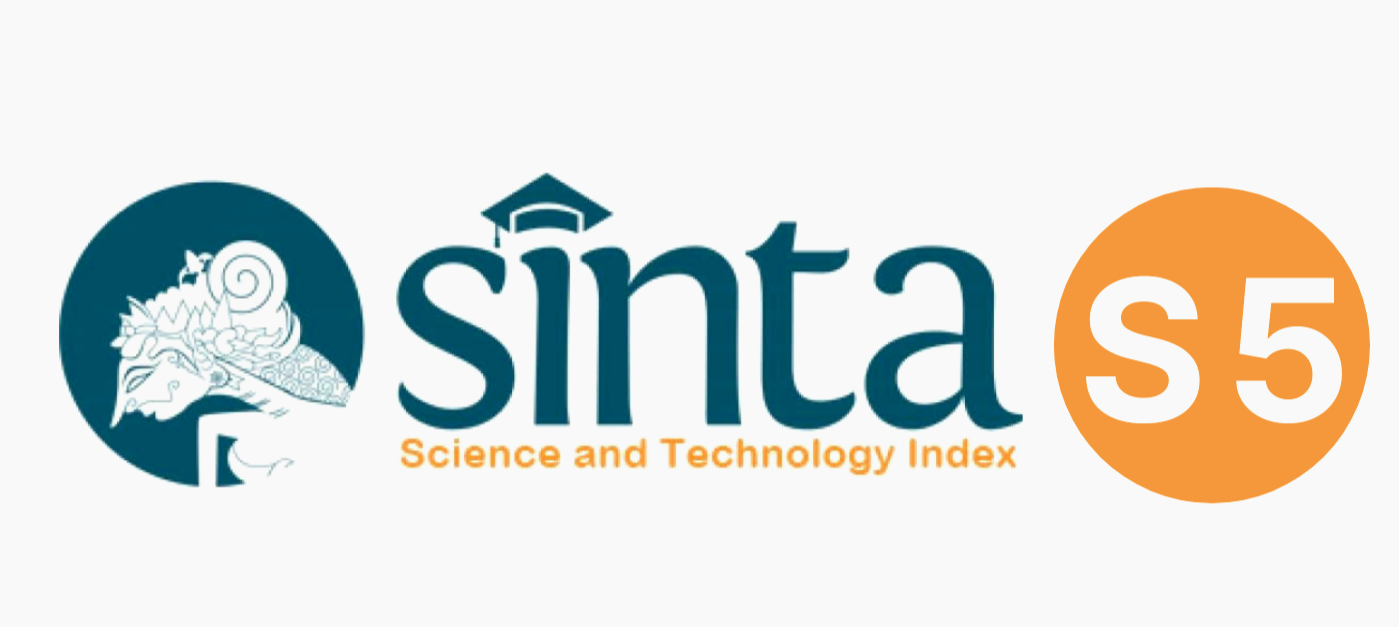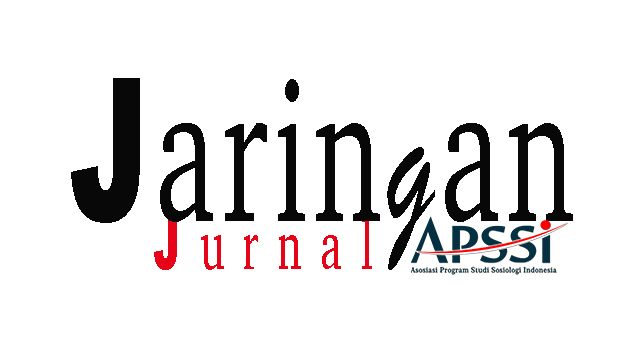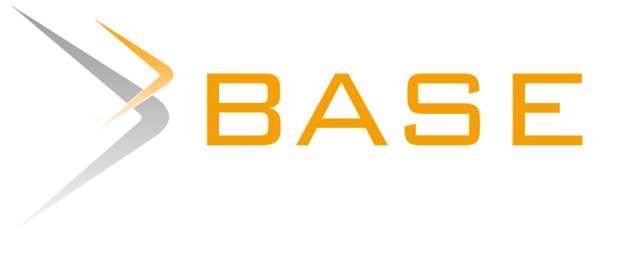
Jurnal Empirika, published by Master Program in Sociology, Faculty of Social and Political Science, Universitas Sriwijaya. This journal is a peer-reviewed scientific journal that functions as a media for dissemination and discourse for the development of scientific knowledge sourced from literature studies or empirical research from various fields of sociology as well as other social sciences.
The Jurnal Empirika contributes to the convergence of science and practices by providing opportunities to apply research results in solving social problems in multi, inter, and trans-disciplinary sciences. This journal is also a forum to develop active communication in the scientific community and create opportunities for open and creative discussion to improve the scientific quality and benefit of humans.
 The main requirement for articles published in the Jurnal Empirika is adherence to the provisions of the content and style of the environment which has been written in the author's guidelines. The incoming manuscripts will go through a series of initial review processes to see their compatibility with the style of the environment, focus and scope of the journal. Before the manuscript being published, it will go through a double-blind review process by reviewers who have expertise in the topic being studied.
The target readers of the Jurnal Empirika are sociology and other social sciences researchers, social observers and enthusiasts, sociology lecturers including other social and humanities sciences, and students. this journal is expected to be useful for Sociology and other social scientists, students, governments, Non-Government Organizations, community organizations, private organizations, and the general public.











